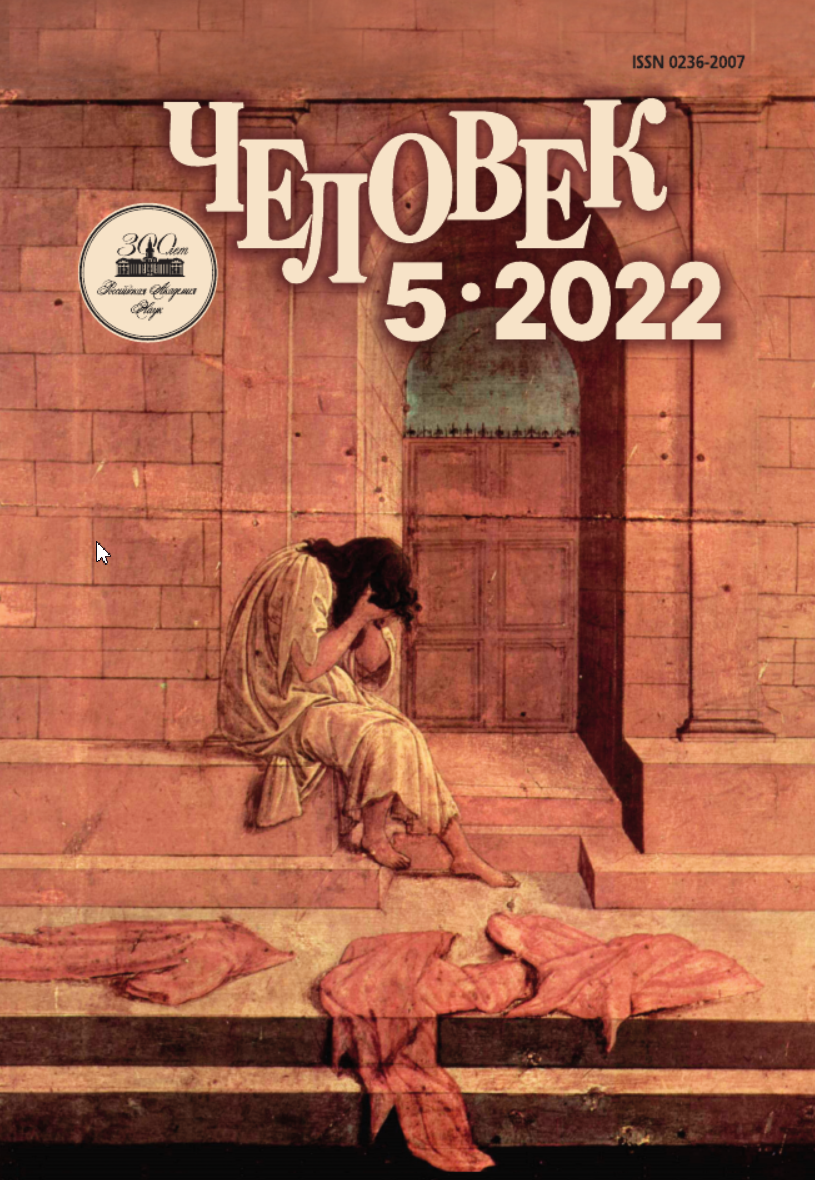In Search of Socio-humanitarian Trajectories for the Development of Biobanks: Science and Social Trust
Keywords:
biobanks, informed consent, sociotechnical imaginaries, autonomyAbstract
Social trust is the basis for the development of biomedical technologies that affect the value and moral spheres of modern society. Axiological factors, external to science, are decisive in the formation of the legitimation of scientific research. Bioethics allows for the “acclimatization” of rather controversial scientific developments, achieving through a deliberative social process the recognition of new scientific methods that directly affect human life. The need to obtain informed consent from donors of biobanks is associated with the generally accepted procedure for conducting clinical trials. In a broader sense, biomaterials in the context of research are considered as the inalienable property of patients, which implies their right to control what happens to samples of biomaterials. However, given the workload of biobanks, which can host dozens of studies, the process of informing all donors about each individual study is an extremely difficult task, requiring both technical and time resources. Today, the form of extended informed consent is considered as the most appropriate model for the interaction of donors and depositories of biomaterials. Thus, the legal approach to the problem of informed consent for biobanks would seem to be more functional, while the need to take into account the moral principles of biobank donors remains relevant as a condition for trust in science.






